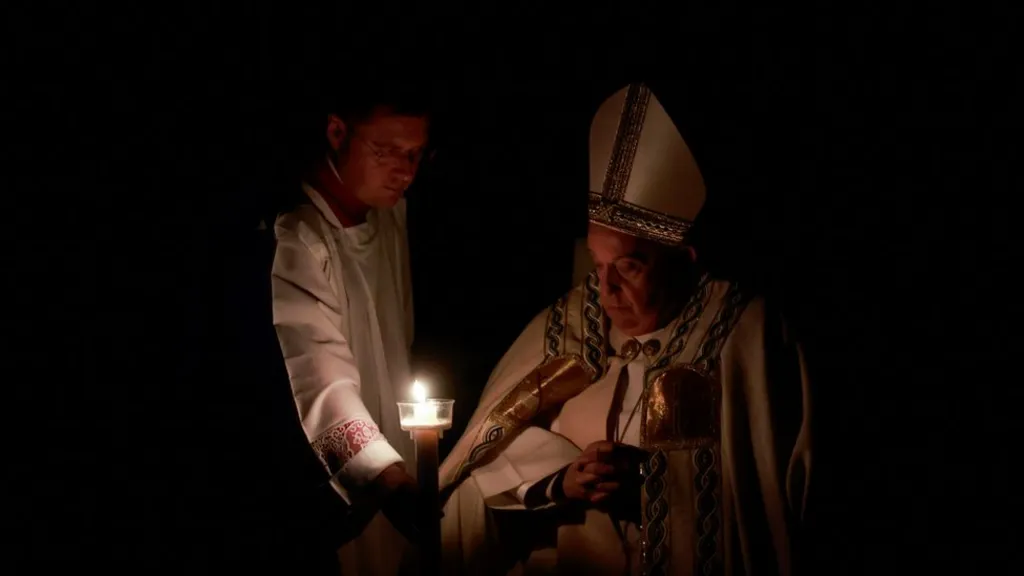

British artist Paul Blow illustrates some of the strangest slang words for money.
Ever asked someone to borrow a red lobster when you're short on cash?
It's the Australian way to reference a $20 note, according to giffgaff money, which recently teamed up with British artist Paul Blow to illustrate some of the craziest slang used to describe coins, cash, notes, and money in different countries around the world.
Below, learn about eight everyday words that reference money, so you won't look so confused on your trip across the pond when someone asks if you have any squids to spare.
Denmark
Denmark uses the krona and the Danish words for hundred and thousand notes are shortened from 'hundrede' to ‘hund’ (dog) and 'tusind' to ‘tudse’ (toad).
Spain
Although Spain has adopted the euro, "pasta" remains a popular term from their days using pesetas.
United Kingdom
Brits colloquially call pound coins squids or quid.
Australia
Australians call their notes by their color: A $20 note is a "red lobster," $10 notes are "blue swimmers," and $5 notes are "pink ladies."
Germany
"Mücken" means mosquitoes in German, but locals also may use "kohle" (coal) or "schotter" (gravel) when talking about cash.
United States
Americans often call large amounts of money cheddar, dough, or clams.
Russia
Russians call cash cabbage or lemon.
Norway
Norway also uses the krona, but refers to it as "gryn" (cereal) and "stål" (steal). Their 1,000-krona note is called "laken" (bed sheet).
British artist Paul Blow illustrates some of the strangest slang words for money. Read Full Story




















Facebook
Twitter
Pinterest
Instagram
Google+
YouTube
LinkedIn
RSS